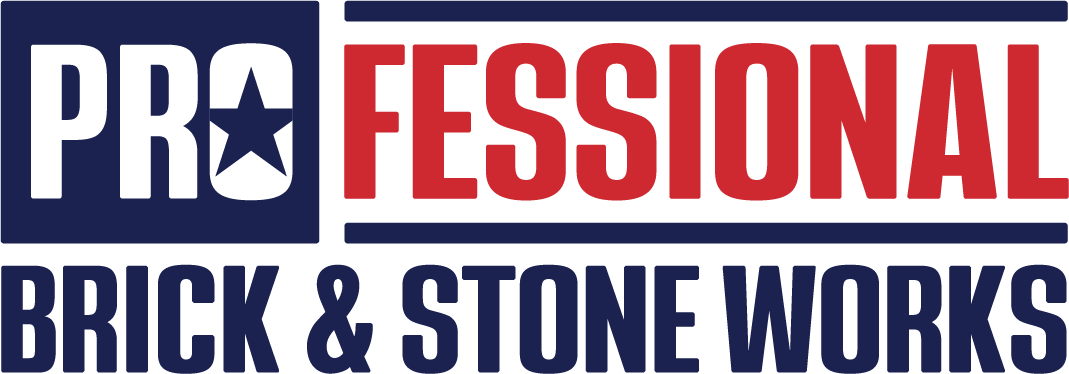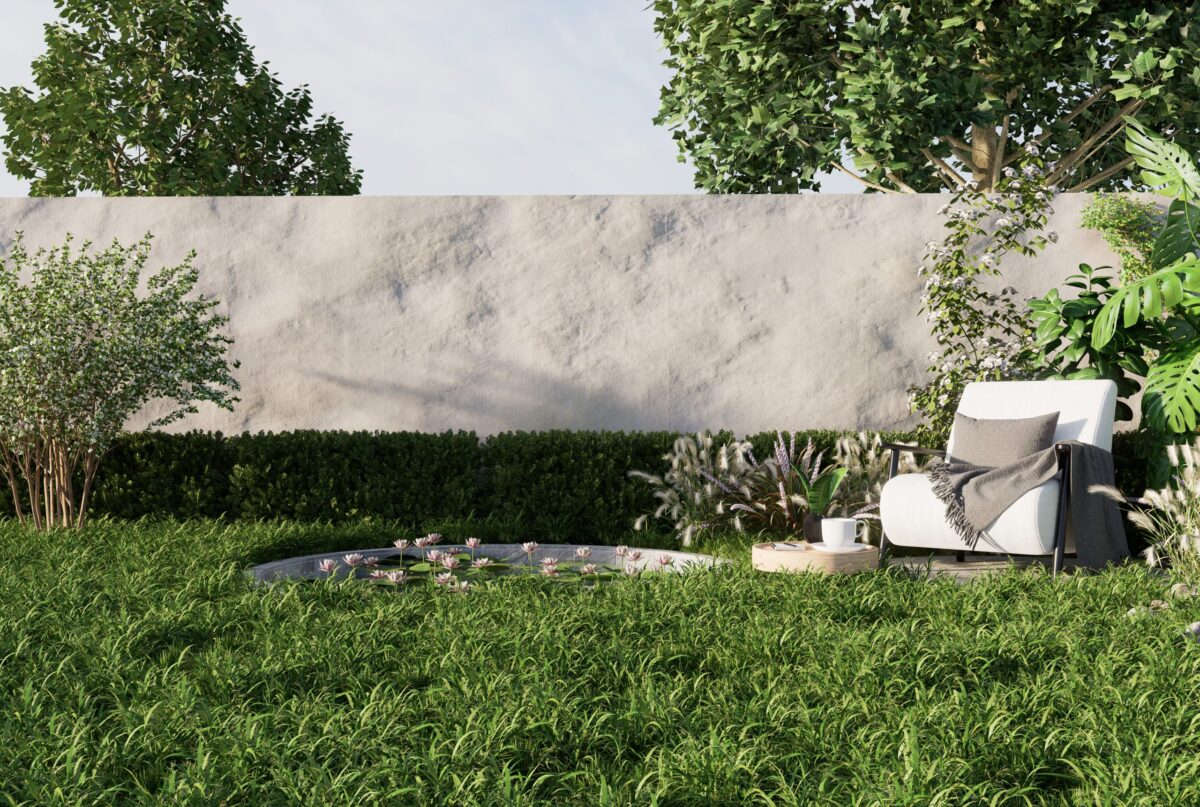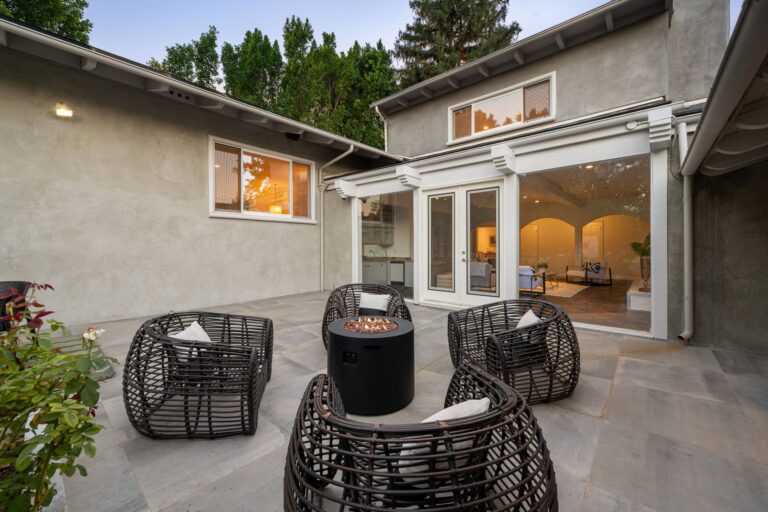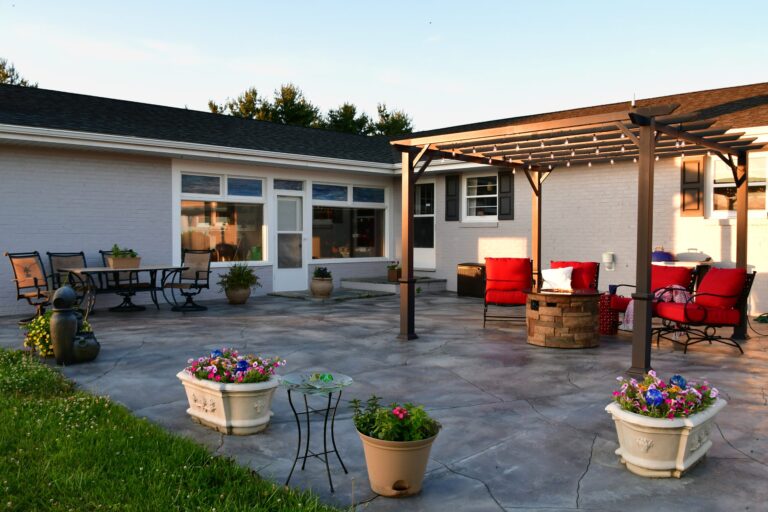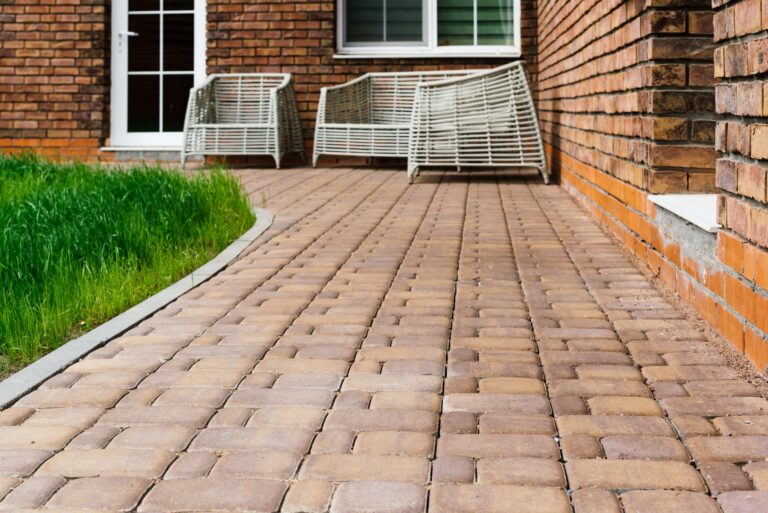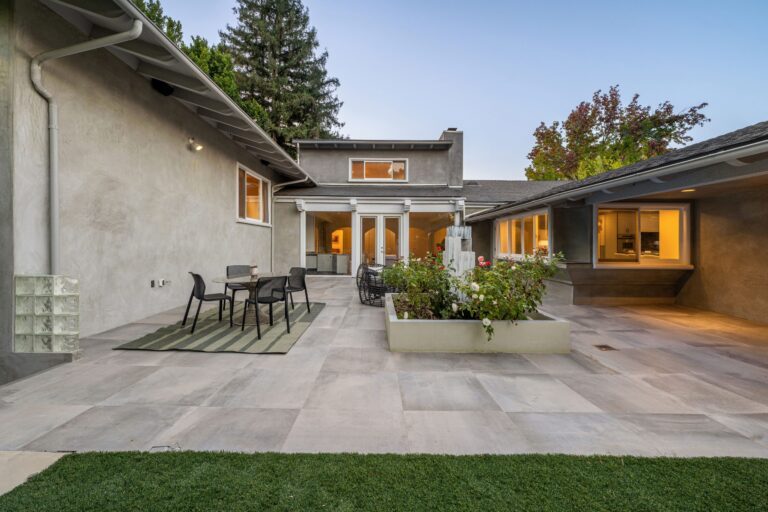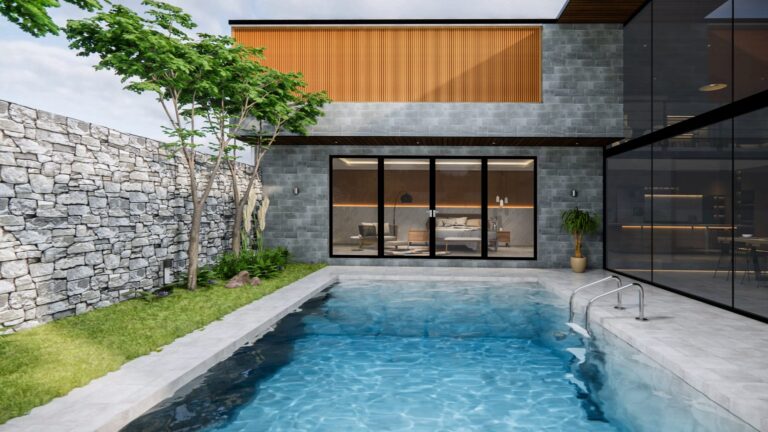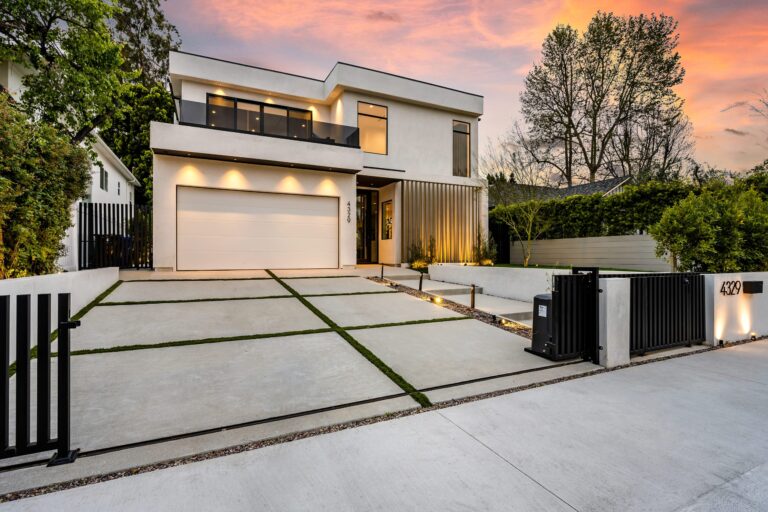What are the Pros and Cons of Concrete Retaining Walls?
Concrete retaining walls are a popular choice for homeowners looking to control erosion, create flat outdoor spaces, or add structure to sloped yards. But before investing in one, it’s important to weigh the benefits and drawbacks of this durable material. Here’s a clear breakdown to help you decide if a concrete retaining wall is the right fit for your landscape project.
Benefits of Concrete Retaining Walls
Concrete is one of the most reliable and long-lasting retaining wall materials available. Here’s why many North Texas homeowners choose it:
- Exceptional Durability
Concrete withstands pressure from soil and water for decades. It won’t rot, warp, or get eaten by insects like wood does. - Low Maintenance
Once installed properly, concrete retaining walls require very little upkeep. Occasional inspection and cleaning are usually enough. - Strong Structural Support
Reinforced concrete retaining walls are ideal for areas that need serious slope stabilization. They can hold back large amounts of earth without shifting. - Custom Design Options
With stamped or textured overlays, you can make your wall look like natural stone or brick while keeping the strength of concrete underneath. - Great for Drainage Solutions
With built-in weep holes or a proper French drain system, a concrete wall can help manage water flow and prevent pooling in your yard.
“In North Texas, weather can be tough on outdoor structures. Concrete holds up better than most materials under heavy rain, clay soil shifts, and the summer heat,” says Marcos, founder of Professional Brick & Stone Works.
Drawbacks of Concrete Retaining Walls
Even with all its advantages, concrete isn’t perfect for every situation. Consider these challenges:
- Higher Upfront Cost
The cost to build a concrete retaining wall is typically more than wood or basic stone options. However, the long-term value often offsets the price. - Complex Installation
Concrete retaining wall installation is not a DIY job. It requires a skilled retaining wall contractor to ensure proper support and drainage. - Lack of Natural Movement
Unlike segmented block walls that can shift slightly with soil changes, a solid concrete wall may crack if not designed to handle movement or hydrostatic pressure. - Longer Installation Time
Pouring concrete, curing, and finishing takes more time than dry stacking other materials. If you’re on a tight deadline, this might be a factor.
Concrete vs Other Retaining Wall Materials
Here’s how concrete compares to other options:
- Wood – Cheaper upfront but prone to rot and pest damage. Not ideal for long-term use in wet areas.
- Natural Stone – A beautiful choice but more expensive and less uniform in strength and shape.
- Segmented Block – Easy to install and flexible with movement but may not offer the same support as reinforced concrete.
Concrete Retaining Walls vs Slopes
If your yard has steep slopes, you might wonder: why not just leave the hill?
A well-built concrete wall can:
- Create flat, usable yard space
- Prevent erosion during storms
- Protect your foundation or outdoor structures from shifting soil
So while natural slopes may seem easier, they often lead to water drainage issues and maintenance headaches in the long run.
When Is a Concrete Retaining Wall Right for You?
Concrete may be the best choice if:
- Your property needs strong slope stabilization
- You’re building a tall wall or need extra support
- You want a long-lasting, low-maintenance solution
- You’re looking for modern or custom designs
But if you’re working with a limited budget or want a quick fix, other retaining wall materials might be a better temporary fit.
“We’ve worked with all kinds of walls—from decorative garden edges to full-on hillside reinforcements. When long-term strength and clean looks matter, concrete is often the top pick,” adds Marcos.
Need Help Planning Your Retaining Wall?
If you’re considering a custom concrete retaining wall in McKinney, Wylie, Murphy, or anywhere in Collin County, let our experienced team help. We specialize in:
- Concrete retaining wall installation
- Custom designs with decorative finishes
- Retaining wall repair services
- Proper drainage solutions built to last
Contact Professional Brick & Stone Works today to schedule a free on-site estimate with one of our retaining wall experts. We’ll help you choose the best materials, design, and structure for your yard—built to handle the Texas climate and built to last.
